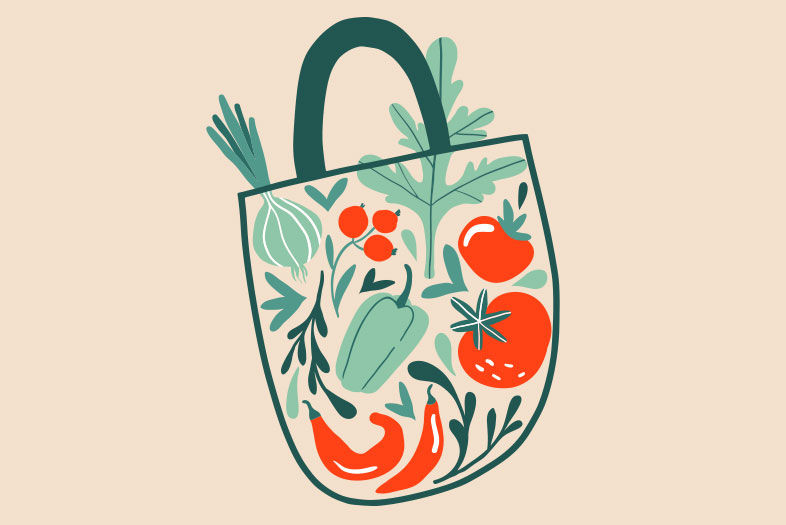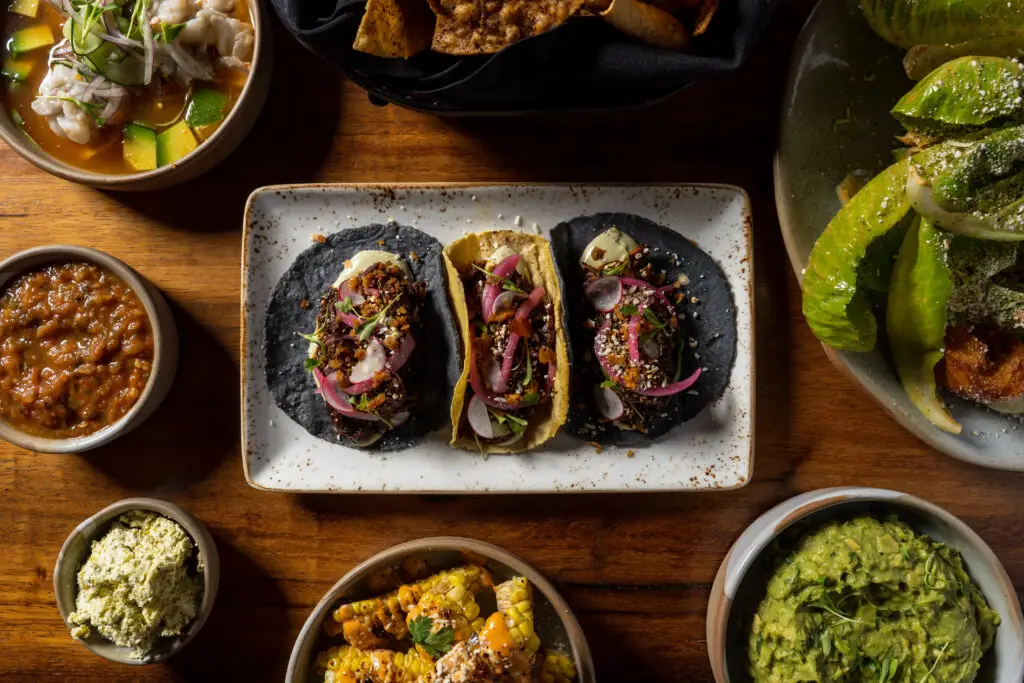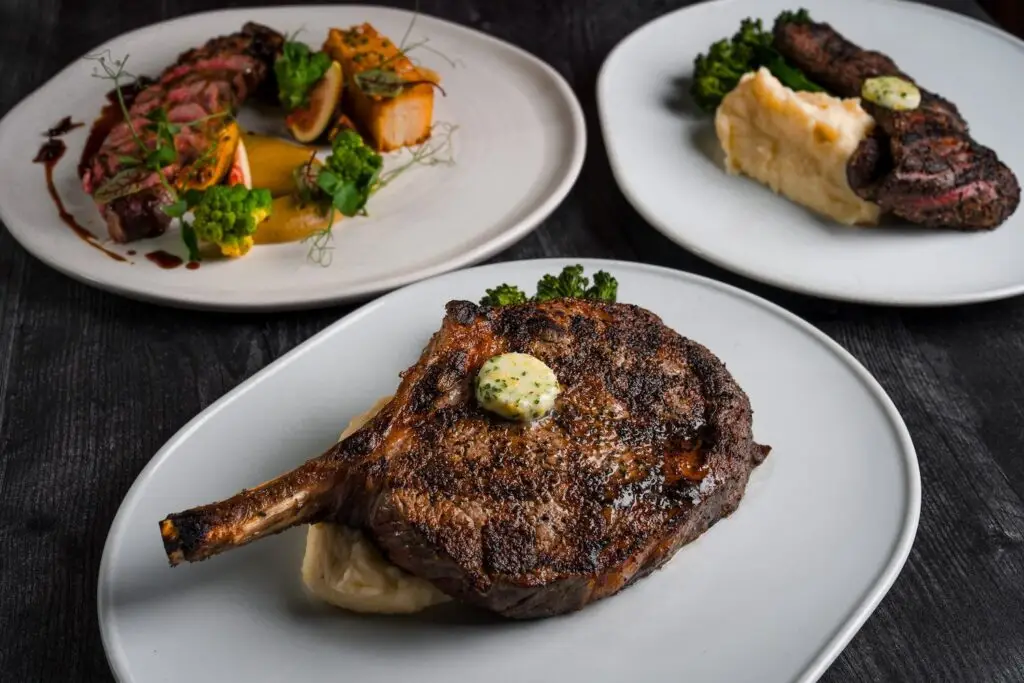Ursula Ridens, registered dietitian nutritionist and certified intuitive eating counselor, Sharp Grossmont Hospital, Outpatient Nutrition Counseling Program
Suzanne Smith, registered dietitian, sports dietitian, UC San Diego Health
What’s the deal with gluten?
UR: Gluten has become sort of a fad in the past few years. I see many people going on gluten-free diets as a means to lose weight. Unfortunately, this can lead to a whole host of problems, like not eating enough carbohydrates for energy, getting too little fiber, and feeling deprived—leading to food cravings and potential overeating. If someone is choosing to avoid gluten, it’s essential to replace those foods with gluten-free grains to meet nutrient needs.
Should I break up with red meat?
SS: Red meat doesn’t have to be eliminated completely. We just want to have more of a variety so we’re getting the whole spectrum of nutrients from all different types of foods. Red meat is going to be a little bit higher in saturated fat, which is why we want a variety of protein sources.
Are plant eaters really the most healthy?
UR: You don’t need to become vegetarian or vegan to be healthy. There’s quite a bit of great research on the benefits of plant-based diets. The Mediterranean Diet is a great example. This style of eating is predominantly plant foods like fruits, veggies, grains, beans, legumes, nuts, and seeds, but also includes some dairy, fish, poultry, and beef in lesser amounts. Eating more plant foods should be approached as a lifestyle, not a diet.
Is sugar evil?
UR: Sugar cravings are our body’s way of letting us know it needs a boost in glucose for energy. Think about what happens when you go too long without eating, skip a meal, or don’t eat enough carbs. The hunger signal gets louder, you may feel “hangry” and tired, then you end up craving simple carbs (sugar or sweets) to get a quick lift in energy and mood.
Which kind of nondairy milk is the most nutritious?
SS: Soy milk probably has the most bang for your buck, because soy is already rich in protein. So, your soy milk will have a higher protein content than any of the other nondairy milks—all the other ones will have very little protein unless they’ve added it.
What diets should be avoided?
SS: Any diet should be red-flagged whenever a whole food group is being removed or demonized. There just isn’t a lot of research or evidence to say an entire food group needs to be avoided. The other piece to think about when looking at diets: Can you see yourself continuing with it a year or two years from now? Do you see it fitting into your lifestyle? Can you still have enjoyable family dinners? You have to find a way of eating that works long term.
What’s a healthy New Year’s resolution?
UR: Think of how you want to improve your self-care, rather than what diet you want to follow. Using intuitive and mindful eating skills, you can make food decisions based on your own internal cues that are aligned with the needs of your body and mind. This can be so empowering, rather than following a set of diet rules. Be inquisitive without judging yourself. Are you wanting to cook more at home to increase your confidence in the kitchen? Or eat more fruits and veggies to increase fiber and antioxidant intake? Good self-care is important year-round, something we shouldn’t have to wait until January for!

PARTNER CONTENT
Burning Questions About Gluten, Red Meat, Sugar and More

















